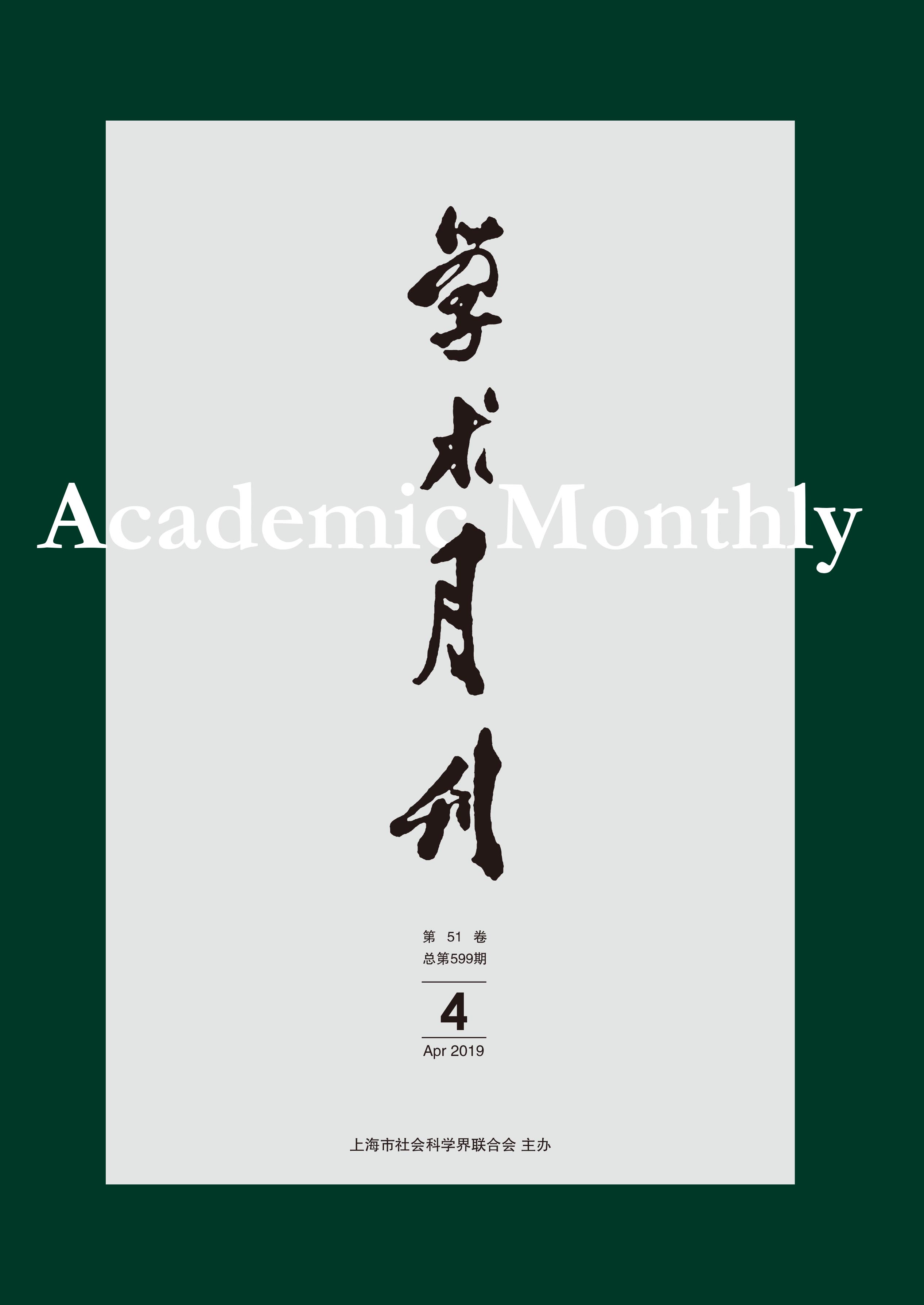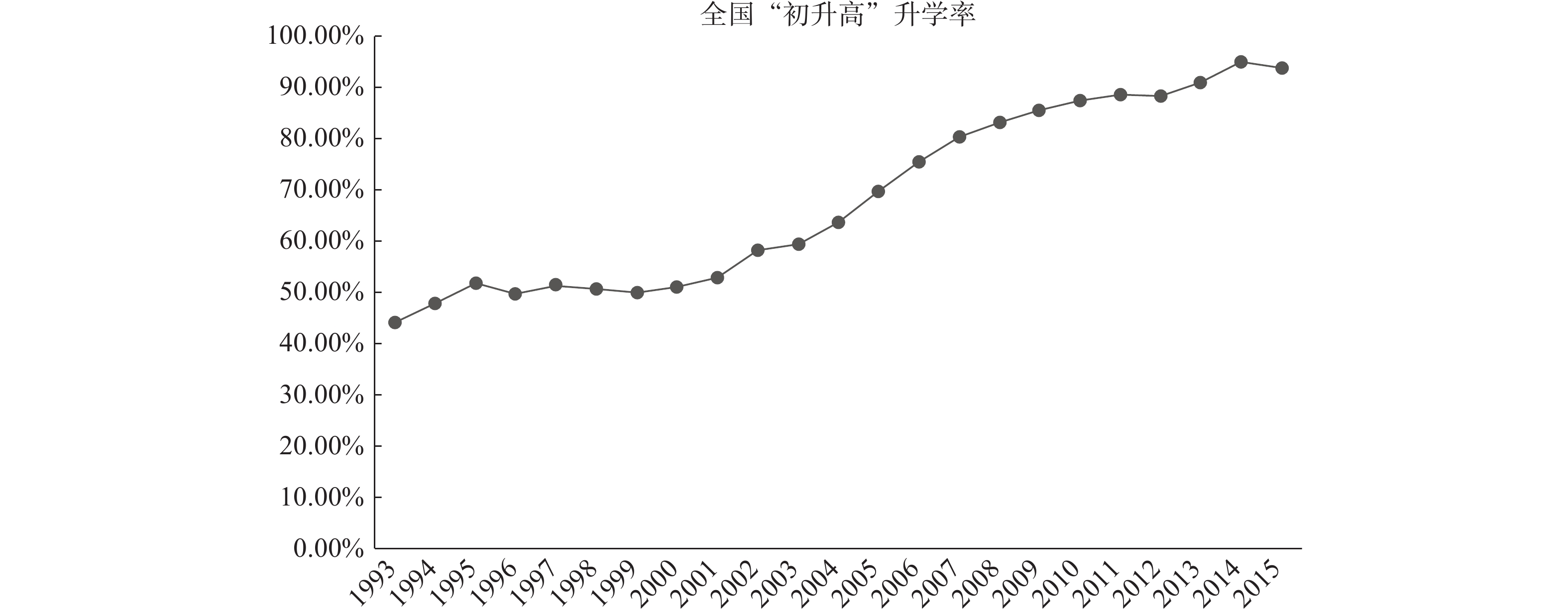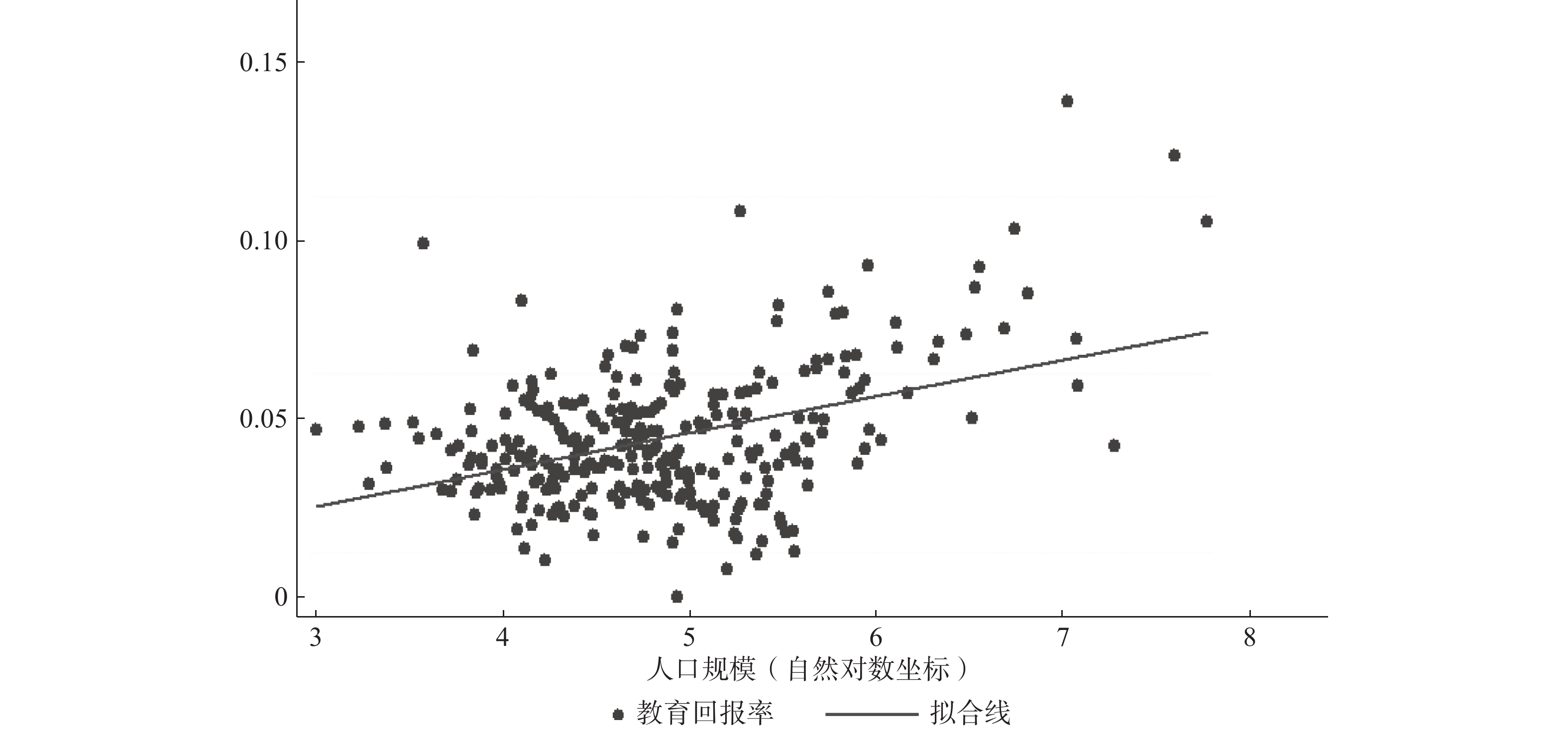Increase Returns and Arouse Demands
- Available Online: 2019-04-01
Abstract: The sustainability and inclusiveness of the economic growth in China depend on rural population’s human capital. In order to strengthen human capital accumulation among rural population, the educational demand must be aroused by elevating returns to education. Neither from academic nor policy aspects, impacts of spatial factors on returns to education have been considered carefully. However, the spatial misallocation of educational resources and factors of production may lower returns to education, thus suppressing educational demands. By summarizing a series of empirical studies, this paper argues that there are potential demands for education among rural population, which are based on the expectation for returns to education, and the spatial allocation of resources has strong impacts on rural population’s educational demands via affecting returns to education. To build an intelligent country and provide high-quality labors to sustain the economic modernization, China must increase returns to education and arouse educational demands of rural population by improving the spatial efficiency of educational resources and production factors.




 沪公网安备 31010102003103号
沪公网安备 31010102003103号 DownLoad:
DownLoad:



